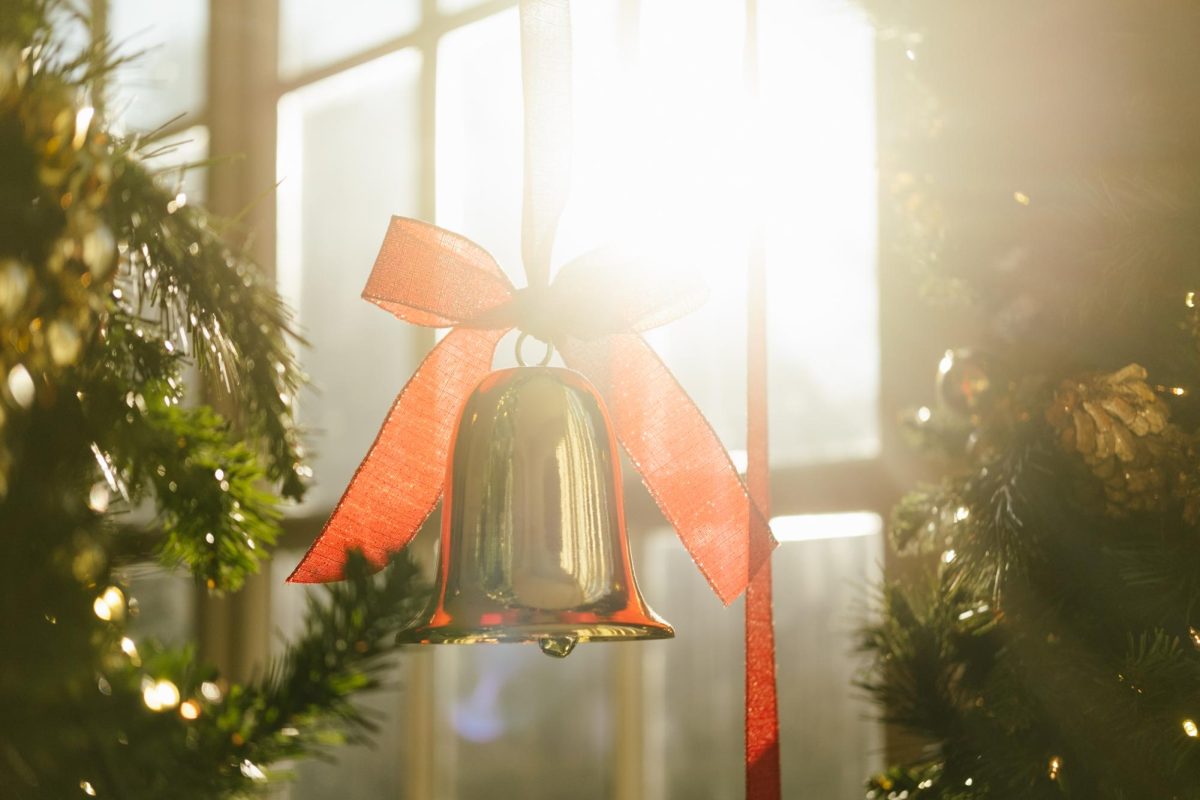
This post was written by Hatchet reporter Elliot Greiner.
It’s tough enough for new bands to advance past the realm of dive bars and basement shows in D.C. after years of performing together.
But GW indie rock effort Bencoolen got a shot to perform at the popular U Street club Black Cat – a venue that’s hosted bands like Arcade Fire, Radiohead and The White Stripes – only four months after the group’s first live performance together.
“It gives us legitimacy with fans and hopefully momentum into future shows. It could be a step to get us to a point where people recognize our name beyond friends and friends of friends,” junior Teddy Scott, Bencoolen’s lead guitarist, said.
Tickets for the May 12 show cost $12, and doors open at 8 p.m.
Formed last fall in the wake of Scott’s former band Dr. No, Bencoolen has a sound reminiscent of post-2000 alternative-rock: a mix of Bon Iver, Pearl Jam and the Arctic Monkeys, with bluesy sax thrown in.
Boston-based alt-rock bands Little War Twins and Thaylobleu asked Bencoolen to open for them at the Black Cat last month after the students sent them a demo.
They’ve performed at smaller venues like Mellow Mushroom and DC9, but the Black Cat marks a turning point for the band. The music hall, with multiple stages and broad dance floors, stands in stark contrast to the shows Bencoolen is used to playing.
The group partially credits its success to GW’s Student Musicians Coalition, a student organization founded in 2010 that allots on-campus practice space in the basement of Ivory Tower.
The coalition’s support, particularly its promotional work, helps build student fanbases on campus.
In addition to Scott and saxophone player Ian Braker, who are both juniors in the engineering school, the band includes sophomore vocalist and guitarist Paul Gregg, freshman drummer Kevin Mathieu and junior bassist Eric Burke.
This summer, the band plans to record and release their first professional-grade EP, while continuing to strengthen their repertoire. Scott also hopes to have a hand in building the campus music community.
“I hope that other bands could [have the same successes], and we could play a GW music festival,” Scott said. “Or just try to build a music culture here because that’s what you need in an indie rock scene.”




